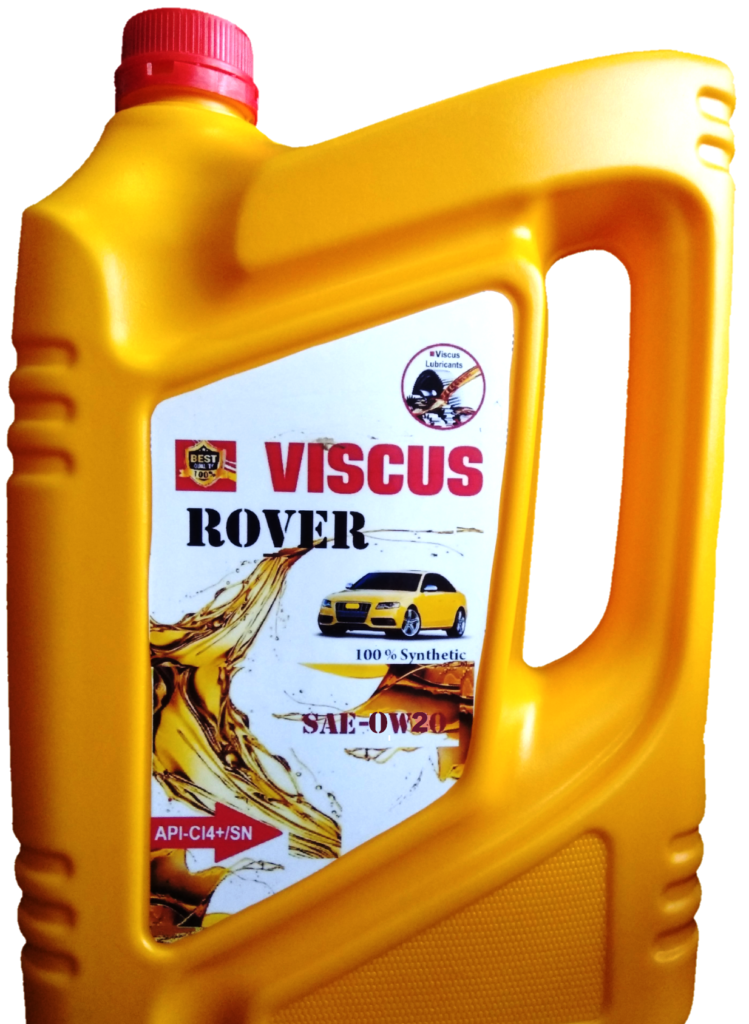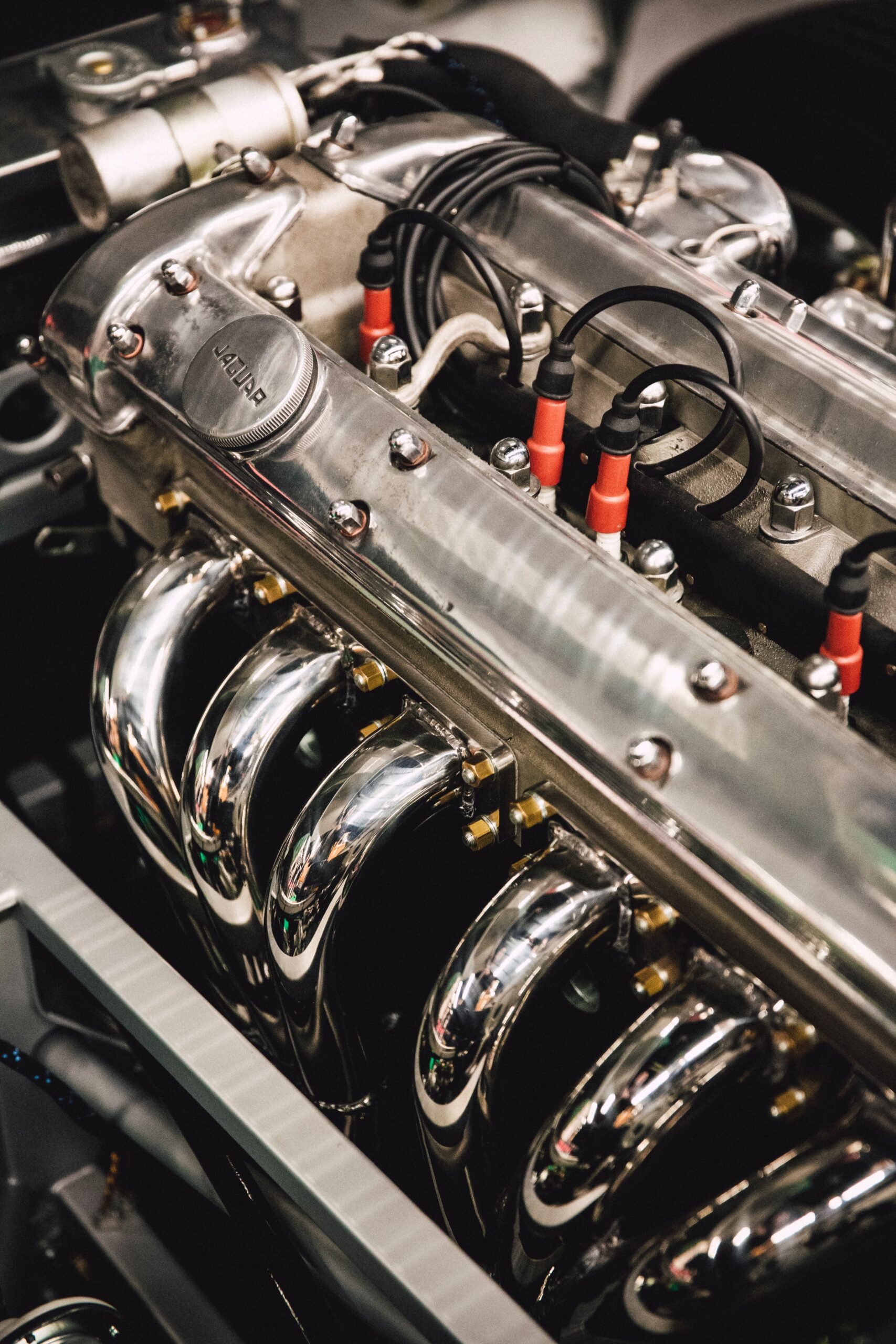
What are the characteristics and properties of different oil types that make them suitable for specific applications?
Understanding Different Types of Oil - A Comprehensive Guide
In our daily lives, we come across various types of oil that play significant roles in different fields. From cooking to automotive lubricants, oil has a wide range of applications. In this article, we will delve into the world of “oil type” and explore its various forms and uses.
What is “oil type”?
“Oil type” refers to a specific category of oil that is commonly used in industrial applications such as machinery, engines, and hydraulic systems. This type of oil is designed to provide lubrication and reduce friction between moving parts, ensuring smooth operation and preventing premature wear and tear.
The Different Varieties of “Oil type”
1. Mineral oil: Mineral oil is derived from crude oil and undergoes various refining processes. It is widely used in automotive engines due to its excellent lubricating properties. The low cost and high availability make it a popular choice for everyday applications.
2. Synthetic oil: Synthetic oil is artificially created through a complex chemical process. It offers superior performance compared to mineral oil, especially in extreme temperature conditions. Synthetic oil provides better protection, reduces engine deposits, and extends the lifespan of machinery.
3. Semi-synthetic oil: As the name suggests, semi-synthetic oil is a blend of mineral and synthetic oils. Combining the advantages of both, it offers increased protection and improved performance. This type of oil is commonly used in high-performance vehicles.
Importance of using the Right Oil Type
Selecting the appropriate type of oil for a given application is crucial. The choice depends on factors such as temperature, pressure, and load capacity. Using the wrong oil can result in inefficiency, decreased performance, and even damage to the machinery.
Common Uses of “Oil type”
1. Automotive industry: “Oil type” is extensively used in automobile engines, transmissions, and differentials to reduce friction and prevent wear. Regular oil changes are necessary to maintain engine health and maximize performance.
2. Industrial machinery: Many industrial machines, such as pumps, compressors, and turbines, require oil for lubrication and cooling purposes. “Oil type” is chosen based on the specific machinery requirements to ensure optimum performance and longevity.
3. Hydraulic systems: Hydraulic systems use “oil type” as a medium to transfer power. These systems are commonly found in heavy machinery, such as excavators and forklifts. The right oil type ensures smooth operation and prevents system failures.
Conclusion
“Oil type” plays a vital role in various sectors, from automotive to industrial applications. It is important to understand the different types available and choose the right one for each specific application. Whether it’s mineral oil, synthetic oil, or semi-synthetic oil, selecting the appropriate oil type guarantees efficient and reliable performance, leading to extended machinery life and improved productivity.

Buy now……https://viscus.in/








